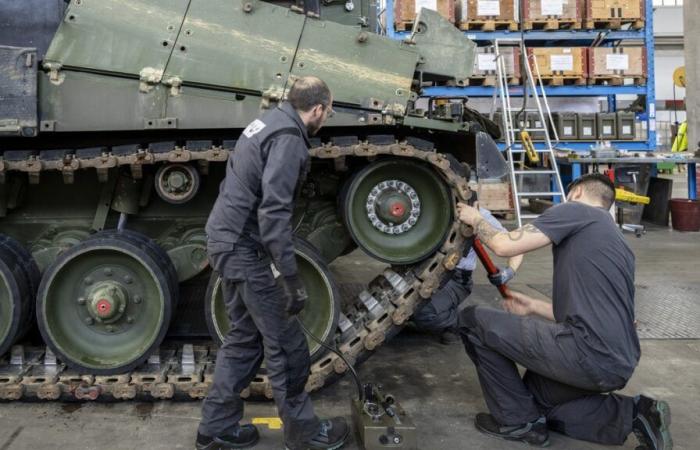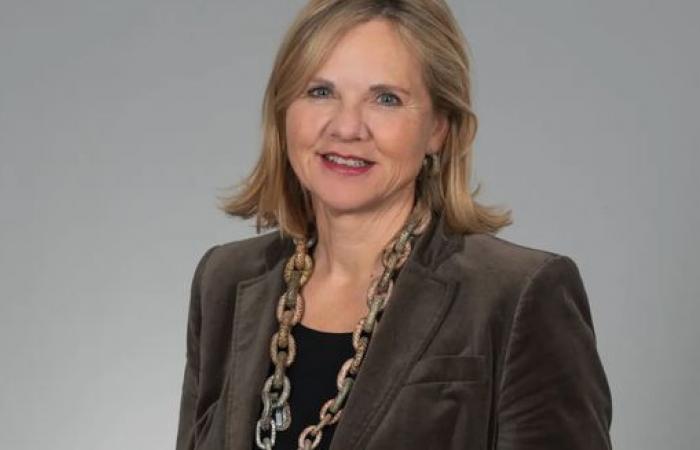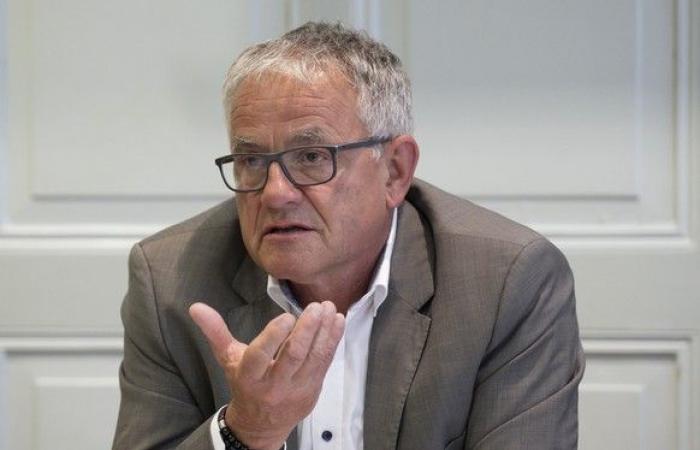Mechanics maintain the tracks on a Leopard 2 tank in a RUAG maintenance hall, on Monday, March 20, 2023, in Thun.Bild: keystone
The arms company owned by the Swiss Confederation has recently made numerous negative headlines. Now the federal government wants to transform Ruag MRO, which was organized as a private corporation, into a new form – and take it back under its own wing.
Christoph Bernet, Benjamin Rosch / ch media
The Federal Council wants to end the experiment of the federally owned arms company Ruag MRO as a private stock corporation. The state government decided on Wednesday to examine possible legal forms under public law for the company. The focus is on the conversion into a public law institution or into a special stock corporation under public law. Another option that should be investigated is reintegration as an administrative department of the Defense Department DDPS.
By the end of May, the DDPS is expected to draw up a consultation template on the future legal form of Ruag MRO. The Federal Council’s decision on Wednesday is based on a report by Martin Dumermuth, the former director of the Federal Office of Justice. This report comes to the conclusion that the current legal form no longer meets today’s requirements.
The report recommends “more dynamic political control” of Ruag than is possible with a private company. This is supported by both the close proximity to the army, whose orders make up over 80 percent of Ruag’s sales, and the changed geopolitical situation.
When Ogi wanted to sell the Ruag
What happened? To understand this, you need to take a look at the scandalous annals of the Swiss arms company.
The history of the Ruag is also one of geopolitics. The fall of the Berlin Wall triggered the army reform in Switzerland in 1995. In no time at all, the army’s inventory shrank by more than 200,000 men, as did the budget in the military department at the time. War went from being an imminent horror scenario in Switzerland to becoming an international business model with potential for profit.
Consequently, the then chairman Adolf Ogi decided to privatize the industrial companies of the “Armaments Group”: This was intended to attract shareholders. On October 10, 1997, the National Council and the Council of States said yes to the establishment of an “armament company stock company” – this was the birth of Ruag.
However, despite major expansion into space and other areas, Ruag was never able to fully fulfill its hopes of a flourishing Swiss arms industry. The conflict as a technology partner of a neutral army in an international arms trade soon proved to be too great for investors to be found. What’s more: When it became known in 2016 that Ruag had fallen victim to an espionage hacker attack, the young company was shaken up.
Scandal, unbundling and new scandals
The Federal Council had to recognize that “there are numerous IT interfaces between RUAG and the federal government”. Or to put it another way: The arms company’s international business activities represented a security risk for Switzerland.
This prompted the Federal Council to split Ruag into two different companies. The Ruag MRO should concentrate on its job as a technology partner for the Swiss Army: patching aircraft, repairing tanks, maintaining weapon systems. In Ruag International Holding, however, the federal government pooled all those parts of the company for which it actually no longer had any use. This includes Beyond Gravity, Ruag’s former space division with locations in Finland, Sweden, Germany and the USA. Or Ammotec, which made ammunition.
Brigitte Beck, who was hired as CEO in 2022, had to leave the company after just a few months.Image: zvg
Ruag International was gradually to be liquidated. While Ammotec has already been sold to the Italian Beretta Group, the Federal Council is still looking for buyers for Beyond Gravity and other subsidiaries. At least until recently: There has recently been political resistance as to whether these company structures should remain in Swiss hands. In the winter session starting next week, Parliament also wants to have a say.
Ruag MRO also regularly made headlines. Brigitte Beck, who was hired as CEO in 2022, had to leave the company after just a few months. Two public appearances discussed by this newspaper, in which she dismissed neutrality policy concerns about arms deliveries to Ukraine, cost her her job.
Six months later, Chairman of the Board of Directors Nicolas Perrin also had to leave. In particular, he had not made a good case in a controversy surrounding Leopard 1 tanks stationed in Italy. Ruag MRO wanted to sell some of these to the German Rheinmetall, which was supposed to float them for use in Ukraine. However, to this day the subject of legal disputes is whether the tanks actually belong entirely to the Swiss arms company.
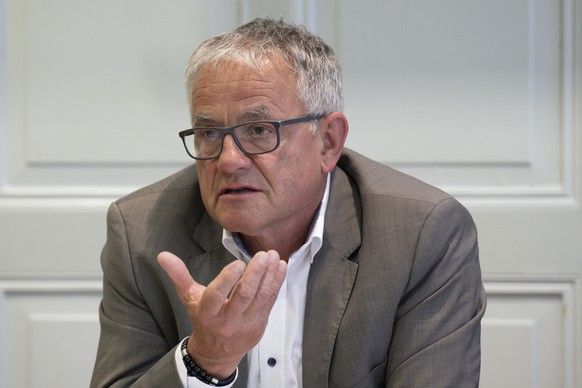
Nicolas Perrin had not made a good case, particularly in a controversy surrounding Leopard 1 tanks stationed in Italy.Bild: keystone
The next fundamental debate
Above all, this chapter of Ruag, which is known as the “Tank Affair”, is now causing a fundamental discussion in the Federal Council: Is the legal form of Ruag MRO still the right one? In a report, the Federal Audit Office came to the conclusion that responsibilities in this highly sensitive area are very unclear.
Whether as a public institution, a special-law corporation or even as a federal office: after a thirty-year series of bankruptcies, there seems to be a broad consensus that the current form as a stock corporation does not meet political requirements.
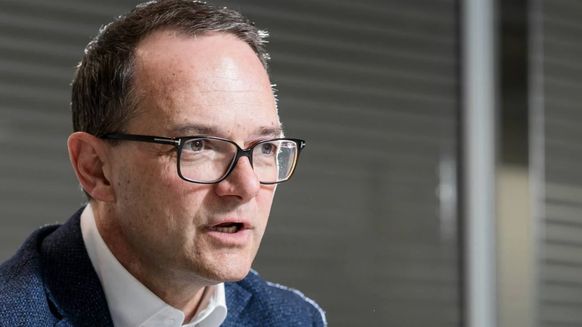
Jürg Rötheli, the designated chairman of the board of directors of Ruag MRO.Bild: ch media/sandra ardizzone
This might also interest you:

